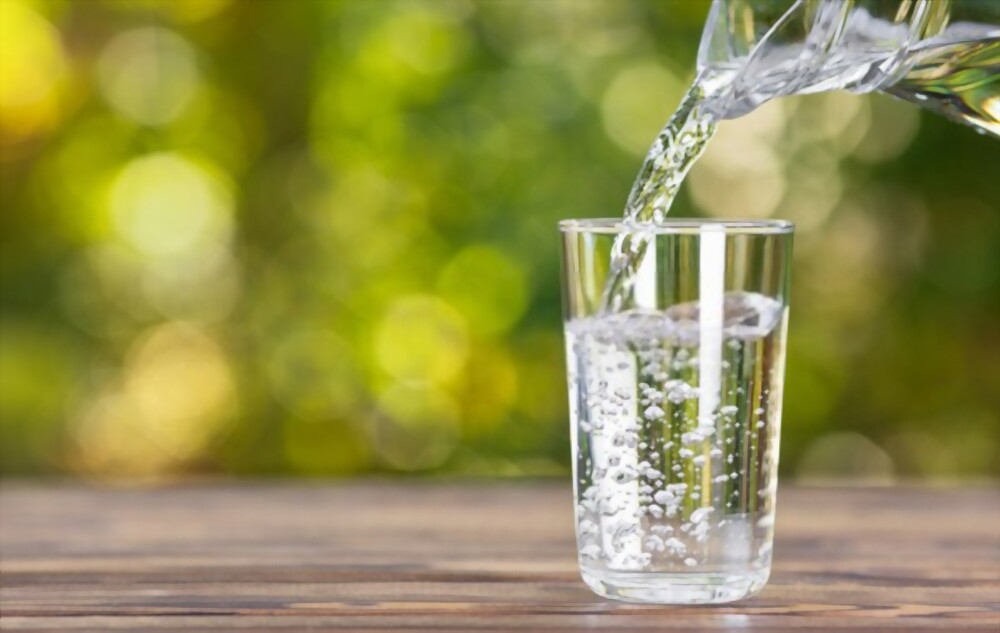Amazing Ways to Prevent Water Pollution
Various simple and implementable ways can be used to limit the pollution of our water resources. These steps can be taken individually or in combination and should be repeated to minimize impacts on water systems. Some people realize that harmful substances or pollutants usually disappear once they are released into the water.
There are many industries that dump their daily waste into the sea thus further polluting the water bodies. Then there is the problem of oil spills that result in the accidental release of petroleum hydrocarbons into the environment with dire environmental consequences. What these people don't know is that these pollutants can take hundreds to thousands of years to disappear. Thus, steps need to be taken to limit the direct negative impacts that translate into the degradation of water quality.
1. Keep out oils, fat, or grease from the sink
Avoid pouring cooking oil, fat or grease in the kitchen sink. Instead, have a jar that collects all the fat, grease or oil and then disposes of it in the solid waste.
2. Abstain from flushing contaminated liquids
Avoid flushing contaminated liquids, pills, medicines or drugs down the drain. These substances contain many toxic substances that destroy the quality of natural water systems. Instead, use the recommended disposal method.
3. Desist from using the toilet as a bin
Avoid using the toilet as a bin. Most people throw dusty clothes, paper waste, artificial materials and wrappers down the toilet. Degraded components of these materials may eventually end up in oceans, lakes or rivers. Avoiding this practice can prevent water pollution to a large extent.
4. Ensure minimal use of bleach or detergents
Ensure minimal use of bleach or detergents. When cleaning laundry or cutlery, it is important to minimize the use of bleach and detergents. Instead, you can get by with using only phosphate-free detergents and soaps.
5. Reduce the use of herbicides, pesticides
Reduce the use of herbicides, pesticides and fertilizers. Excessive use of herbicides, pesticides, and fertilizers leads to water pollution because the chemicals in the products often enter water systems through surface runoff or infiltration into the soil. Reducing their use or using organic methods to control insects, weeds and diseases can significantly reduce water pollution.
6. Proper sewage treatment and management
Proper sewage disposal and management. Proper sewage disposal systems are needed to limit the number of toxic substances that commonly end up in water systems such as lakes, rivers, and oceans. Also, individual homes that use septic tanks or cellar drains must ensure proper management of their home sewage to avoid contamination.
7. Dispose trash properly
Dispose of garbage properly. Some non-biodegradable products such as diapers and sanitary towels can clog the sewage system when garbage is not disposed of properly, especially when they are flushed down the toilet. Sometimes, poor disposal of hard non-biodegradable materials like plastic usually ends up littering beaches and rivers.
8. Avoid direct dumping into water systems
Avoid dumping directly into the water system. By all means possible, we should refrain from dumping garbage or any other waste products into lakes, rivers, streams or oceans. Still, you can do your best to clean up your local water bodies whenever you see trash littering the beach or shore.
9. Always conserve water.
Play an active role in reducing water pollution by conserving water all the time. You can achieve this by ensuring that taps are always closed when not in use. Water conservation reduces the amount of contaminated water that needs to be treated.
10. Insist on using environmentally safe products.
Whenever you buy household products such as cleaning materials, medical supplies, paints, insect/ant repellants, or chemicals; Always continue to obtain and use products that are less harmful to the environment.


ConversionConversion EmoticonEmoticon